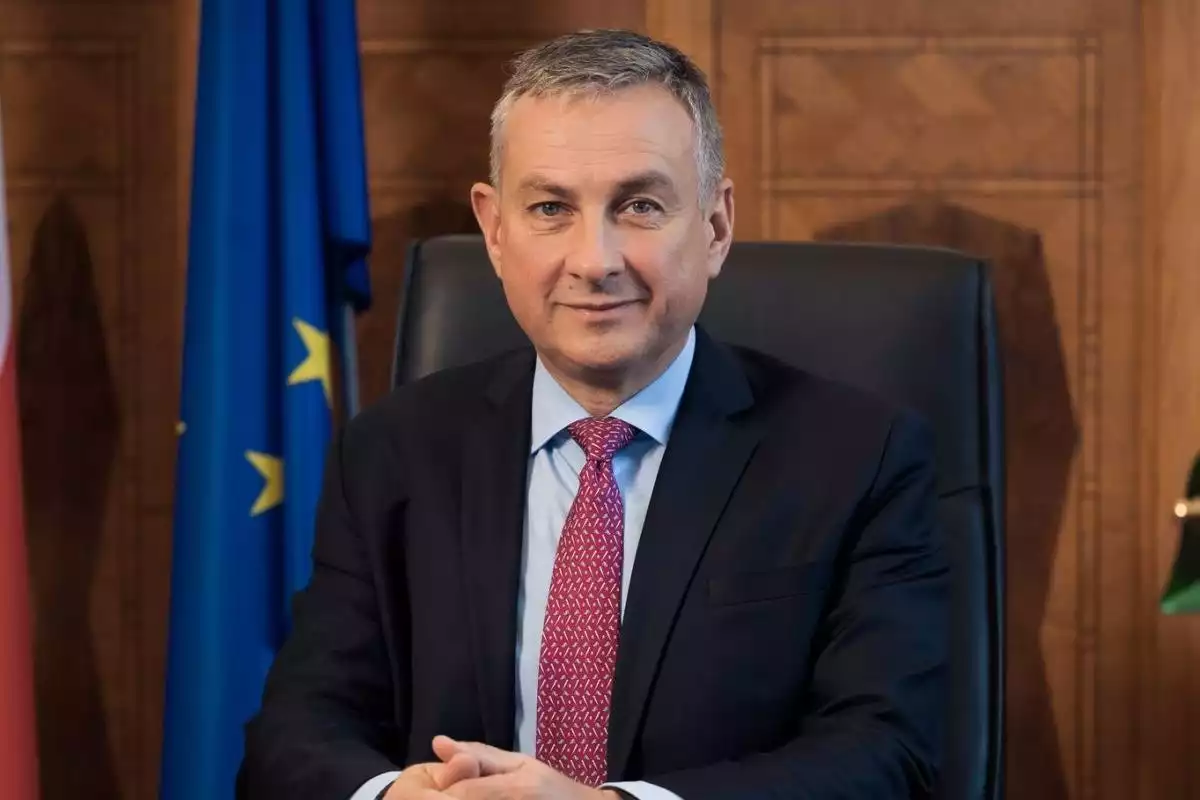
Photo credit: praguesummit.eu
From March 12 to 18, European Commissioner for International Partnerships Jozef Síkela will visit the five Central Asian nations to bolster the EU-Central Asia partnership in preparation for the upcoming EU-Central Asia Summit.
His visit will also aim to accelerate the Global Gateway initiative-Europe’s investment strategy designed to drive job creation and sustainable economic growth, The Caspian Post reports citing foreign media.
Commissioner Síkela emphasized the significance of this mission, stating: "Central Asia is a key partner for the European Union, and our cooperation holds immense potential. The current global challenges underscore the need for strong and resilient partnerships, and that is precisely what I seek to reinforce during my visit. My primary focus will be on advancing crucial Global Gateway projects that the EU and Central Asian partners are jointly developing. These initiatives will generate quality jobs, unlock new business opportunities, and enhance essential services, from education to modern infrastructure."
The Commissioner’s visit will center on four priority areas under the Global Gateway framework:
Transport, with a strong focus on the development of the Trans-Caspian Transport Corridor to streamline trade routes and reduce travel times.
Critical raw materials, aimed at fostering best practices, creating jobs, and strengthening economic resilience.
Digital connectivity, to bridge the digital divide and expand access to secure, high-speed internet.
Water, energy, and climate, including a flagship project supporting the construction of resilient infrastructure and promoting access to reliable, affordable, and clean energy.
During his visit, Commissioner Síkela will oversee the signing of several agreements linked to these strategic priorities.
His tour will begin in Turkmenistan, where he will engage with government officials and private sector leaders. He will also visit the Turkmenbashi port, a crucial hub for the development of the Trans-Caspian Transport Corridor.
In Kazakhstan, he will meet with high-ranking government representatives and participate in a signing ceremony for bilateral and regional agreements on transport and critical raw materials. His visit will also include a press conference and discussions with both Kazakh and EU business communities.
In Tajikistan, the Commissioner will hold meetings with government officials, followed by a signing ceremony for major projects supporting the green energy transition and the local cotton value chain. The next day, he will visit the Rogun Hydropower Plant, a landmark project with potential for future EU support.
His agenda in Kyrgyzstan includes meetings with senior government representatives and participation in signing ceremonies for agreements related to water, energy, transport, and human development. He will also engage with representatives from the World Bank, the Asian Development Bank, and the European Bank for Reconstruction and Development to explore investment opportunities, including potential support for the construction of the Kambarata-1 hydropower plant. Additionally, the Commissioner will meet with youth representatives and UN officials.
The visit will conclude in Uzbekistan, where he will hold discussions with high-level government officials and visit the Almalyk Mining and Metallurgical Complex. He will also engage with Uzbek and European businesses before attending the signing ceremony for regional digital connectivity projects.
This mission will be conducted in the spirit of Team Europe, with participation from EU financial institutions such as the European Investment Bank and the European Bank for Reconstruction and Development, alongside representatives from EU Member States and the private sector. The first-ever EU-Central Asia Summit in early April and the Global Gateway Forum in June will build on these efforts, reaffirming the EU’s commitment to fostering long-term, impactful cooperation with Central Asia.
Share on social media